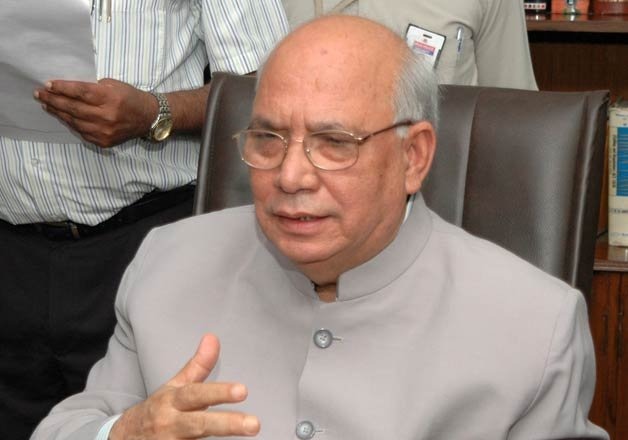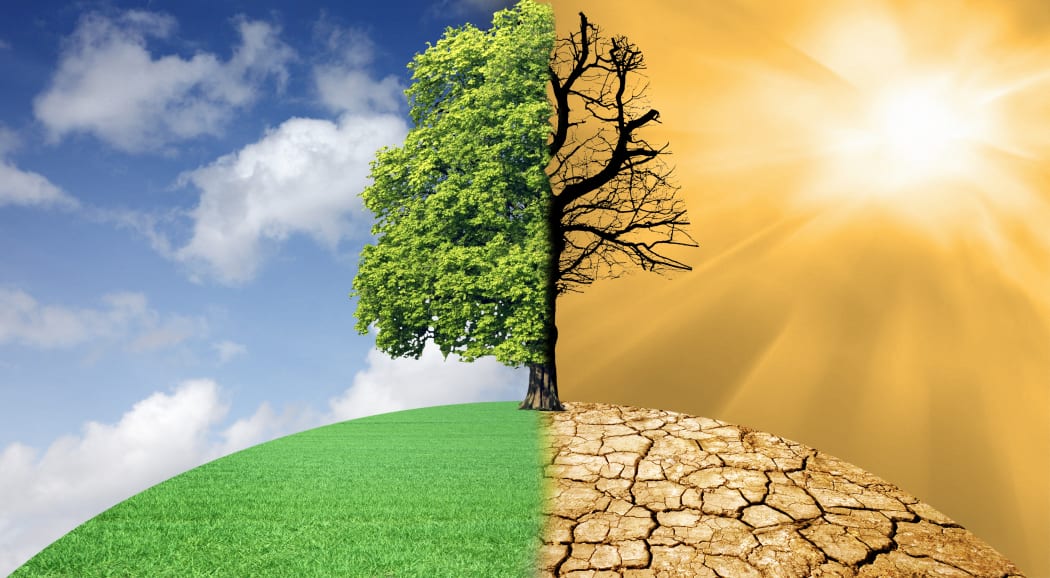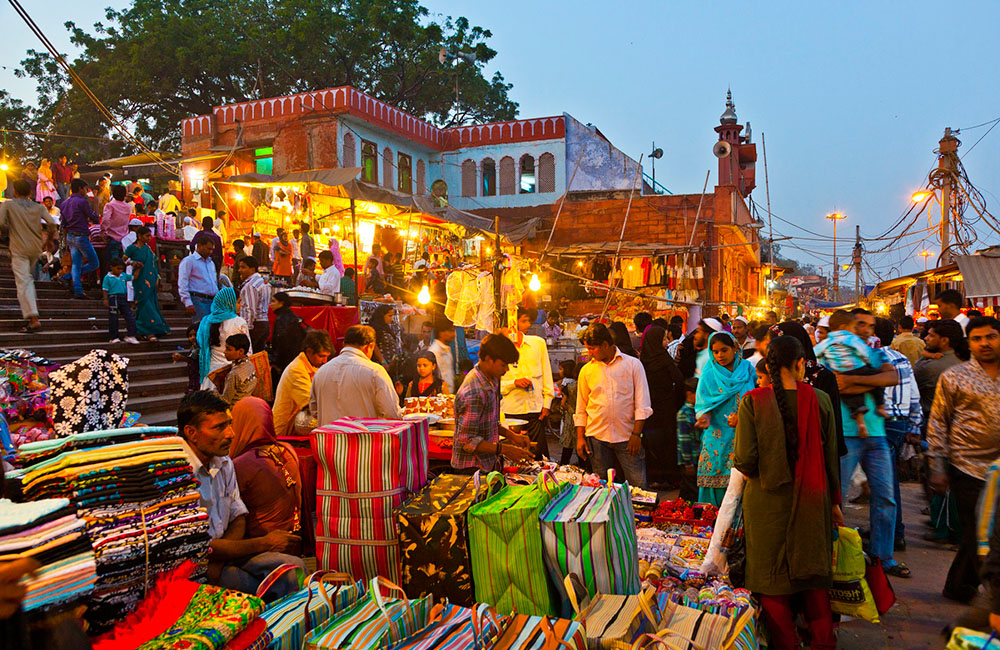We just had the warmest January in 62 years. Isn’t it time to show more responsibility towards nature?
If the temperatures in January are anything to go by, the nation should brace itself for a sizzling summer ahead. Because, despite a few cold days that left India shivering, the minimum temperature recorded in the country last month was the warmest January in 62 years. The India Meteorological Department (IMD) says that South India experienced the warmest January in 121 years, with temperatures touching 22.33°C. Earlier, the South had experienced 22.14°C in 1919 and 21.93°C in 2020, making these the second and third warmest months. Central India was the warmest at 14.82°C in the last 38 years after 1982 saw the mercury touching 14.92°C, while 1958 with 15.06°C was the warmest between 1901 and 2021. However, the maximum temperatures in January were below normal, the IMD said, and this January could not break the record of 1919 because, at 15°C, it remains the warmest January recorded. But this is hardly any reason to rejoice as, slowly and surely, we are beginning to feel the effects of climate change. For instance, the summers have been hotter than ever before because the country’s average temperature rose by around 0.7°C between 1901 and 2018.
It is projected to rise further by approximately 4.4°C by the end of this century, if a 2020 report by researchers from the Indian Institute of Tropical Meteorology (IITM), Pune, is to be believed. Worryingly, this increase in surface temperatures will reportedly result in droughts for some regions and intense rainfall and severe cyclones in others, causing floods in large parts of India. Experts are of the opinion that these changes in climate will have a long term socio-economic impact on the lives of citizens and also affect the country’s relations with its neighbours. Given all these warnings, one would expect that the Government and the people would be a lot more aware of their responsibility towards the environment but that hardly seems to be the case. So we must then be prepared to bear the consequences, like the one we had to face recently in Chamoli, where the impact on the environment in a sensitive zone was ignored at our own peril. If we continue to pinch environmental pennies, we will continue to incur the wrath of nature, which has the power to eventually rid itself of one of the most destructive yet vulnerable species to walk the Earth.








 OpinionExpress.In
OpinionExpress.In















Comments (0)